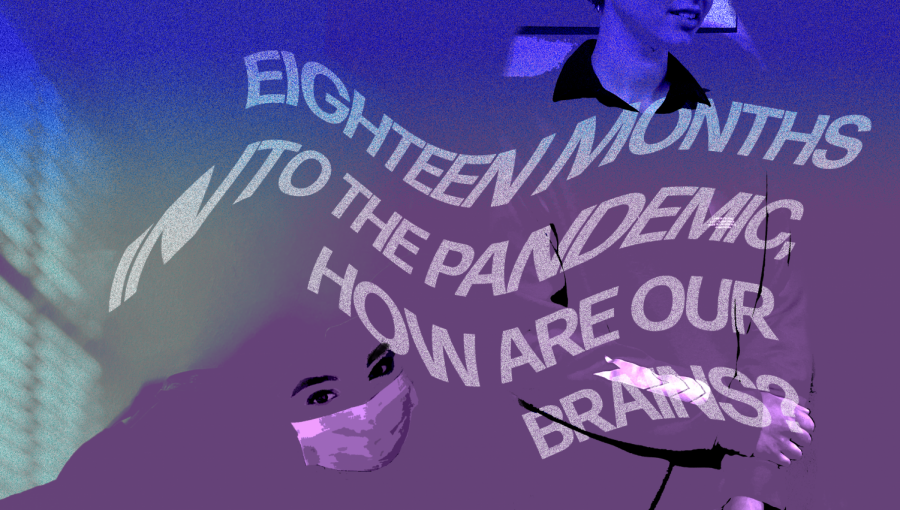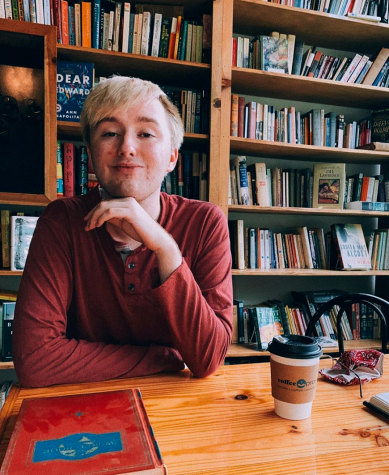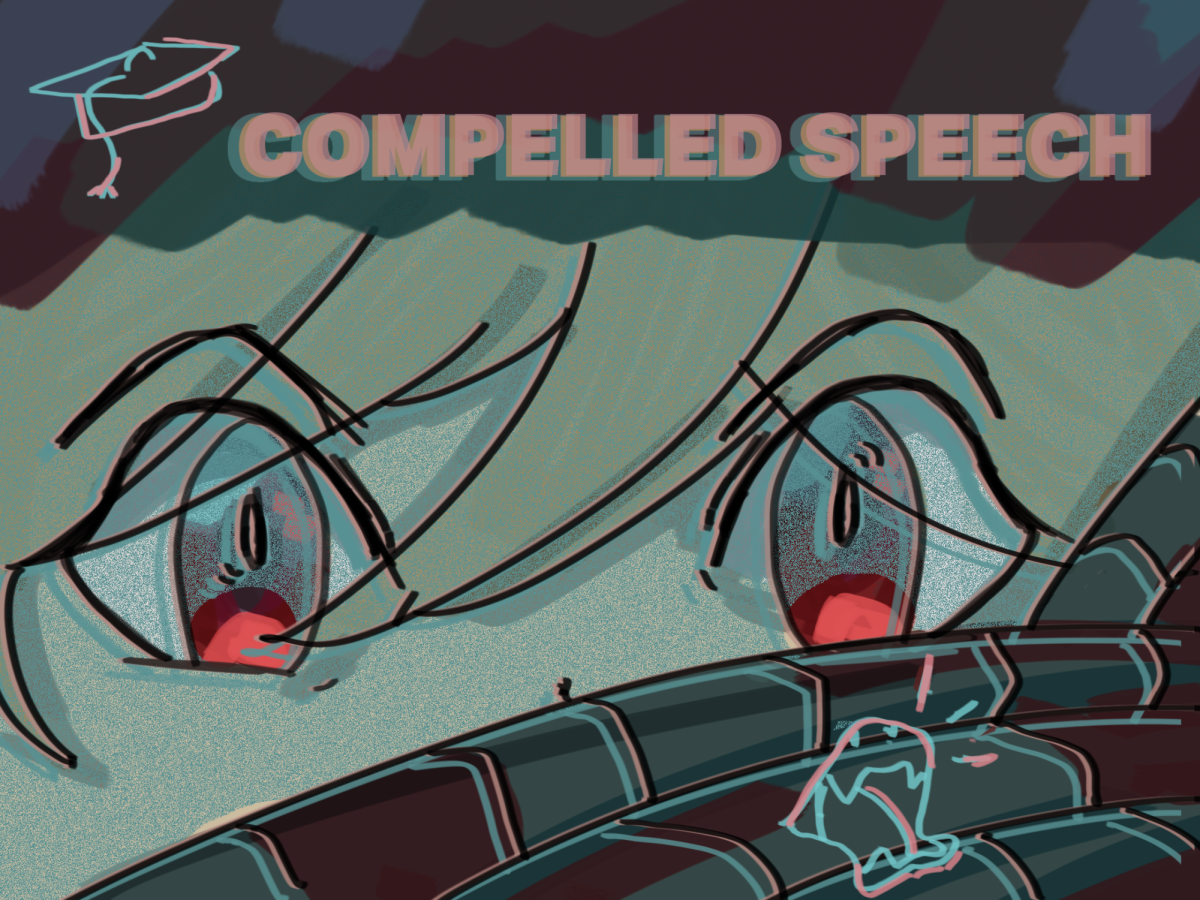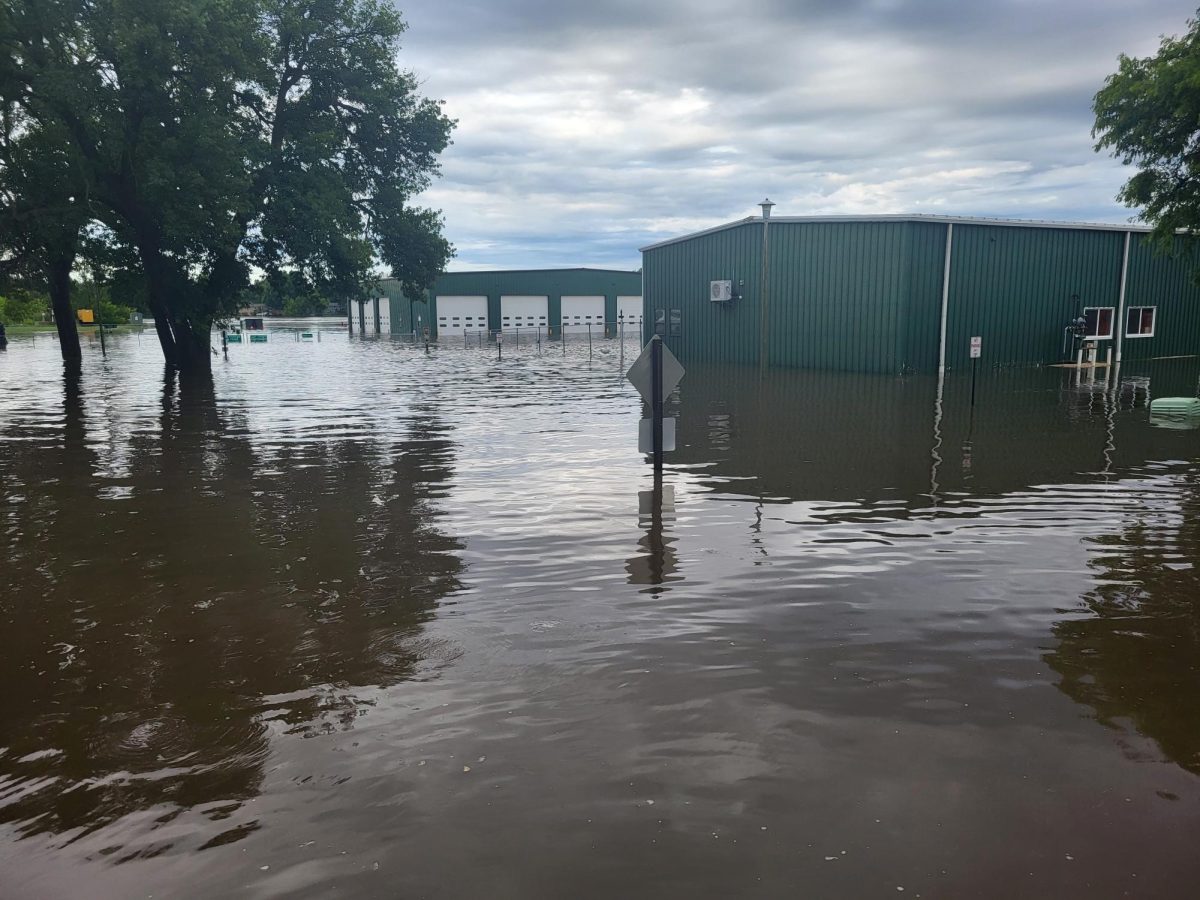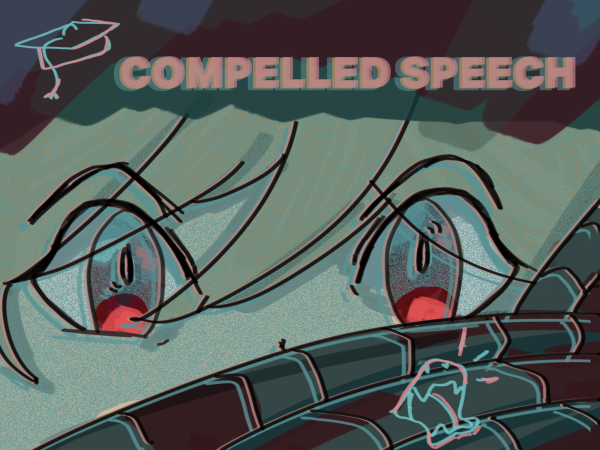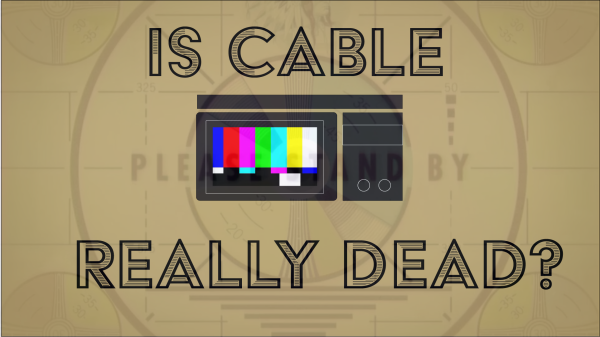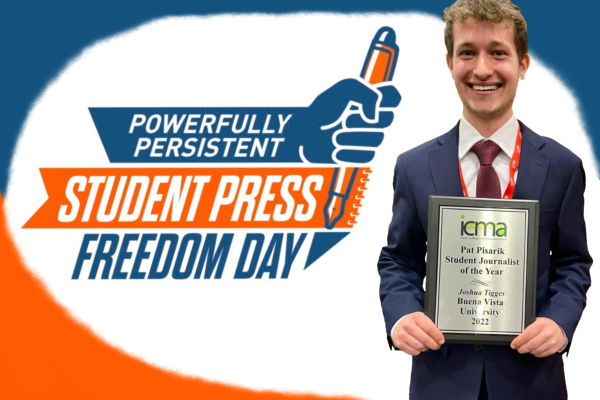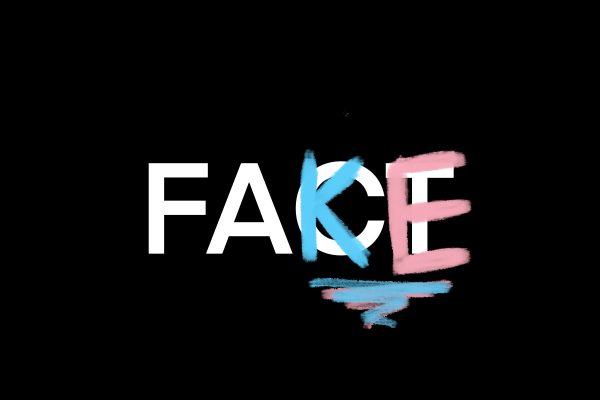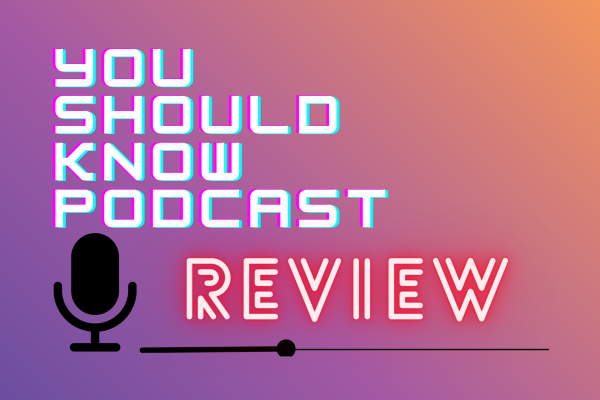Eighteen months into the pandemic, how are our brains doing?
November 4, 2021
I am tired. I think I speak for nearly every college student out there when I say that when this pandemic hit, it hit hard. Trust me, I know that getting a degree isn’t the easiest thing in the world by any means, but somehow it just seems so much more difficult lately than it has ever been before. When Covid-19 first hit, I was just a freshman here at Buena Vista University. I would like to say that while college was a challenge, it was nothing compared to now. I could easily manage being a full-time student on top of athletics, and an off-campus job? No problem.
But spring 2020, this was no longer the case. Suddenly, we were in a brand-new world, where classes became online Zoom sessions and assignments seemed to be the last thing on our mind. Longing for the day we would get to move back into the dorms and classes would start again until it finally came – and it was nothing like we thought it would be. The fear of an outbreak occurring at any moment and the reality of being a college student in a global pandemic set in, and our mental health became even worse than before.
This stretched on for the entirety of the year, and while we tried our best, our academics suffered because of that constant fear and anxiety. When would we get sent home next? When would we get sick? When would we get to visit friends again without worrying about getting caught breaking the rules? The constant questions were always on our mind, and as a result, schoolwork was affected. It was difficult to sit in class and pay attention to the mechanics of supply and demand while I was worrying about if I had given all my friends Covid, especially because I was sitting on a Zoom call rather than in a classroom.
But then the year ended with a light at the end of the tunnel – vaccinations became available to the public. Summer came and went with the world slowly going back to normal as more and more became vaccinated. I looked forward to my junior year with the hope that everything would be the same as my pre-pandemic college years had been. I hoped that my motivation would come back and my anxieties would ease. This year was a fresh start with the Covid-19 restrictions being lifted as a result of the pandemic coming to what seemed to be the end. Mask mandates were lifted, room capacity restrictions were gone, and life seemed to be back to normal. But I still could not study, I still had no attention span, and my motivation was nonexistent. I had learned how to be a student in a pandemic where class requirements were lessened, rightfully so, and students were given a lot more leniency. It was a lot harder than I expected to adjust back to pre-pandemic academic expectations, and the hope that my mental health would start to get better seemed to be crushed. We had finally adjusted from our normal to the new normal of the pandemic – but now we had to adjust back, and this was more difficult than we thought it would be.
A lot of us can relate to the statement that the pandemic seeming to come to an end isn’t the overall solution to our problems. So, what is? I don’t know the answer to that, no matter how much I wish I did. I don’t think that any of us do. All we can do is be hopeful that throughout this year, we can gradually adjust back to how it used to be. But maybe it’s a good thing that students don’t know how to work at the extent they used to – and maybe they shouldn’t have to. Maybe this will be the start of a new era, where it can be recognized that students don’t need to work at full capacity with intense workloads 24/7 in order to be considered ‘good.’ I hope so, and I hope you do too.



